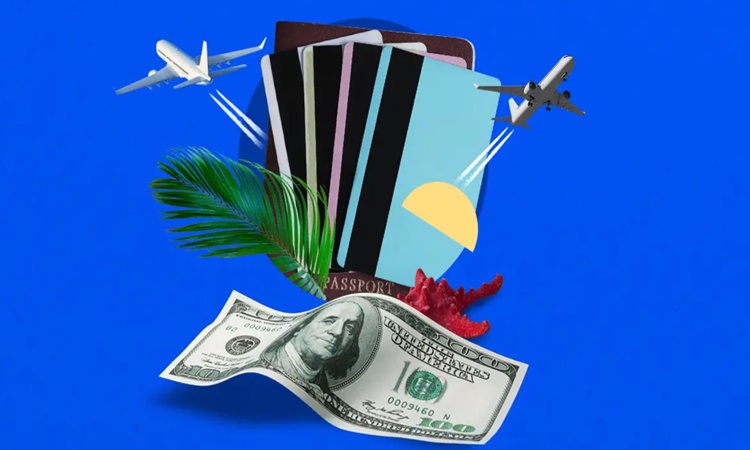A Guide to Recovery After an Expensive Vacation
EXPENSIVE VACATION – If you’ve recently come back from an expensive vacation, here are some suggestions to help in your financial recuperation.
Regardless of the weather forecast, summer is approaching its end, along with the peak of summer travel. Upon returning from a vacation, one hopes to bring back certain mementos, a healthy sun-kissed glow, and perhaps a more laid-back version of oneself. What one certainly doesn’t wish to bring back is the burden of debt accumulated during the vacation.
While I understand the sentiment that a little debt may be worth creating lasting memories, excessive spending in the spirit of seizing the day can severely impact your financial stability if not managed diligently. If you’ve recently returned from a luxurious (read: costly) trip, consider these suggestions to regain your financial footing. Also, read the 6 little-known but useful items every traveler should pack for the perfect vacation.

Review your spending
Begin by analyzing your vacation spending. Scrutinize your credit card and bank statements to grasp a detailed breakdown of where your money went. Identifying extravagant activities, lavish dining, souvenir purchases, and high-end accommodations that swiftly added up will aid in making wiser financial choices going forward. Here’s a helpful guide for conducting a thorough spending audit.
Make budget cuts
Next, examine your monthly budget and pinpoint areas where spending can be curtailed. For instance, reducing dining out, limiting entertainment expenses, cutting back on miscellaneous costs, and temporarily pausing non-essential subscriptions can all contribute. Be cautious not to make significant cuts in necessities such as food and housing. The objective is to trim discretionary spending to expedite the repayment of your vacation debts. Even modest reductions of $5-10 per category can make a notable difference or at the very least provide a sense of control post-vacation.
Try cash-stuffing
Employ the cash-stuffing method, also known as the envelope system, to convert your budgeting process into a more tangible and almost gamified experience. Allocate specific physical envelopes for various expenses, stuffing each with a predetermined amount of cash for the month or pay period. The crucial rule is to spend only from the designated envelope for each category. Once the envelope is empty, no more spending is allowed for the month.
The efficacy of cash-stuffing lies in its ability to enforce intentionality (determining how much money is allocated to each envelope) and discipline (prohibiting additional funds once the envelope is empty).

Pay off debts aggressively
Utilize the additional funds generated from your budget reductions to promptly settle any debts accumulated during your vacation. Paying more than the minimum amount on credit cards is advisable. If the interest rate is high, consider transferring the balance to a card with a lower interest rate. In the case of substantial debts, developing a repayment plan may be necessary. Time is of the essence here; the quicker the debts are paid off, the less interest you will incur over time.
Refocus on your savings
As vacation debts diminish, redirect these funds towards rebuilding your emergency savings fund. Maintaining this financial buffer is crucial to prevent falling into debt again due to unforeseen expenses. Aim to eventually save an amount equivalent to three to six months’ worth of living expenses. Only after replenishing your savings should you allocate funds to other financial objectives.
Be patient for now, and be proactive for next time
Restoring financial stability after an indulgent vacation takes time, especially if the debt accumulated was more than anticipated. Succumbing to defeat and allowing your vacation spending habits to spill over into your everyday life is the last thing you should do. Instead, be forgiving of yourself for less-than-ideal spending choices. Stick to your budget reductions and debt repayment plan, and your financial situation will gradually improve.
When planning your next dream vacation, take a more responsible approach to budgeting from the outset. Set a reasonable spending limit beforehand and diligently track your expenses throughout the journey.
